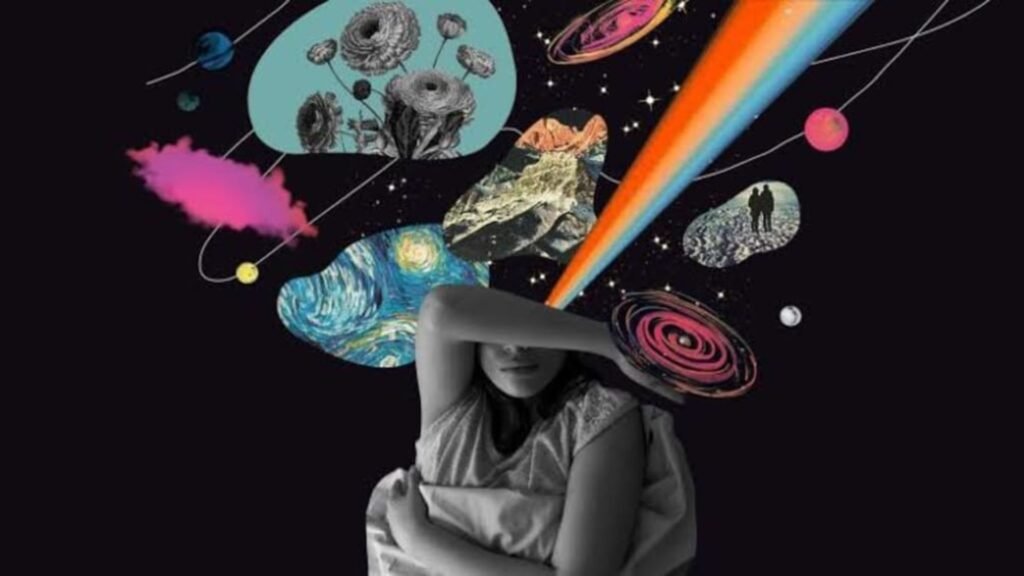Many people wonder whether dreams can serve as windows into the future. The concept of precognitive dreams—the idea that dreams can predict future events—has intrigued individuals for centuries. This article explores the nature of precognitive dreams, their historical significance, and scientific perspectives on the phenomenon.

Understanding Precognitive Dreams
Precognitive dreams are those that appear to foretell future events. These dreams can range from vague feelings to specific, detailed visions that later manifest in waking life. While many dismiss these dreams as mere coincidence, others report experiencing dreams that accurately predict significant life events.
Historical Perspectives
Throughout history, various cultures have recognized the potential for dreams to offer glimpses into the future:
- Ancient Civilizations: In ancient Egypt, dreams were considered messages from the gods, often interpreted as omens. Similarly, Greek philosophers like Aristotle believed that dreams could contain prophetic elements.
- Biblical Accounts: The Bible includes several instances of dreams with prophetic significance. For example, Joseph interpreted Pharaoh’s dreams about future famine, which ultimately saved Egypt.
Personal Anecdotes and Case Studies
Many individuals recount personal experiences of precognitive dreams. Some common themes include:
- Dreaming of Loved Ones: People often dream about friends or family members before significant events occur in their lives, such as weddings or deaths.
- Recurring Themes: Some report recurring dreams that foreshadow events like natural disasters, accidents, or even personal challenges.
These personal accounts lend credence to the idea that dreams can sometimes provide insight into the future.
Scientific Perspectives
While anecdotal evidence is compelling, scientific research on precognitive dreams presents a more complex picture:
- Psychological Explanations: Some psychologists argue that dreams reflect our subconscious thoughts, fears, and desires. They may appear to predict the future because they often draw on past experiences and current situations.
- Cognitive Patterns: Dreams can also reveal cognitive patterns that help individuals anticipate future outcomes. For instance, if someone dreams about an upcoming exam, the dream may stem from anxiety about performance rather than actual foresight.
The Role of Intuition
Many believe that precognitive dreams tap into a form of intuition. This intuitive knowledge may arise from subconscious processing of information that individuals may not consciously recognize.
- Intuitive Insights: People often make decisions based on feelings or gut instincts, which can be reflected in their dreams. These insights may seem prophetic, even if they stem from logical reasoning.
Differentiating Between Precognitive and Ordinary Dreams
It’s essential to differentiate between precognitive dreams and ordinary dreams. While some dreams may feel significant or prophetic, many dreams simply reflect daily experiences and emotions.
- Context Matters: Keeping a dream journal can help individuals track recurring themes or symbols, allowing them to identify patterns that may signal precognitive insights.
Skepticism and Debunking Myths
Despite the allure of precognitive dreams, skepticism remains prevalent. Critics argue that:
- Confirmation Bias: People tend to remember only the dreams that come true while forgetting those that do not, creating an illusion of precognition.
- Random Chance: Given the vast number of dreams individuals have, some coincidences may naturally occur, leading to the perception of prophetic dreams.
Conclusion
While the concept of precognitive dreams captivates many, the scientific community remains divided. Whether these dreams offer genuine insights into the future or simply reflect our subconscious minds, they continue to hold a place in human curiosity. Exploring the phenomenon can lead to a deeper understanding of the mind and its capabilities, inviting individuals to reflect on the nature of dreams and their potential significance.




